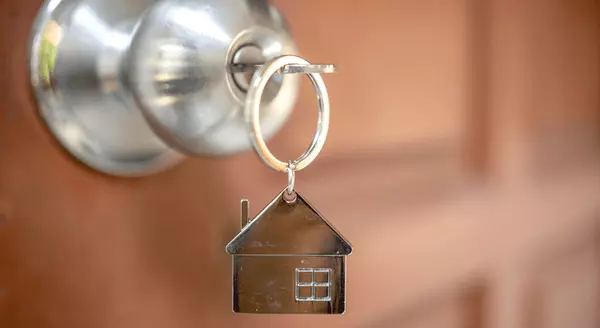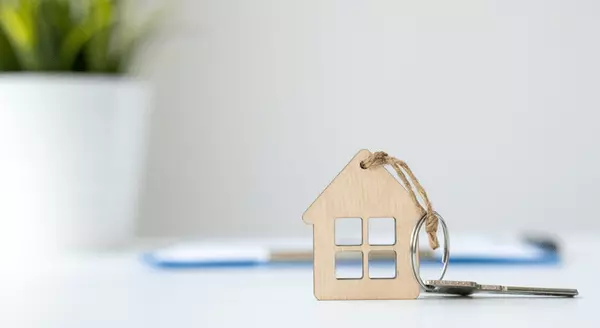

The Drop in Mortgage Rates Brings Good News for Homebuyers
Over the past few weeks, the average 30-year fixed mortgage rate from Freddie Mac fell by half a percent. The drop happened over concerns about a potential recession. And since mortgage rates have risen dramatically this year, homebuyers across the country should see this decline as welcome news.Fre
Read More
![Why Growing Home Equity Is Great News if You Plan To Move [INFOGRAPHIC],KCM Crew](https://img.chime.me/image/fs/chimeblog/20220713/16/w600_original_3fb6f03c-641b-4774-957b-d7c4e2c51cc0-png.webp)
Why Growing Home Equity Is Great News if You Plan To Move [INFOGRAPHIC]
Some HighlightsAccording to the latest data from CoreLogic, the average homeowner gained $64,000 in home equity over the past 12 months.That much equity can be a game-changer when you move. When you sell, it could be some (if not all) of what you need for a down payment on your next home.To find out
Read More

What Does an Economic Slowdown Mean for the Housing Market?
According to a recent survey, more and more Americans are concerned about a possible recession. Those concerns were validated when the Federal Reserve met and confirmed they were strongly committed to bringing down inflation. And, in order to do so, they’d use their tools and influence to slow down
Read More
Categories
Recent Posts












